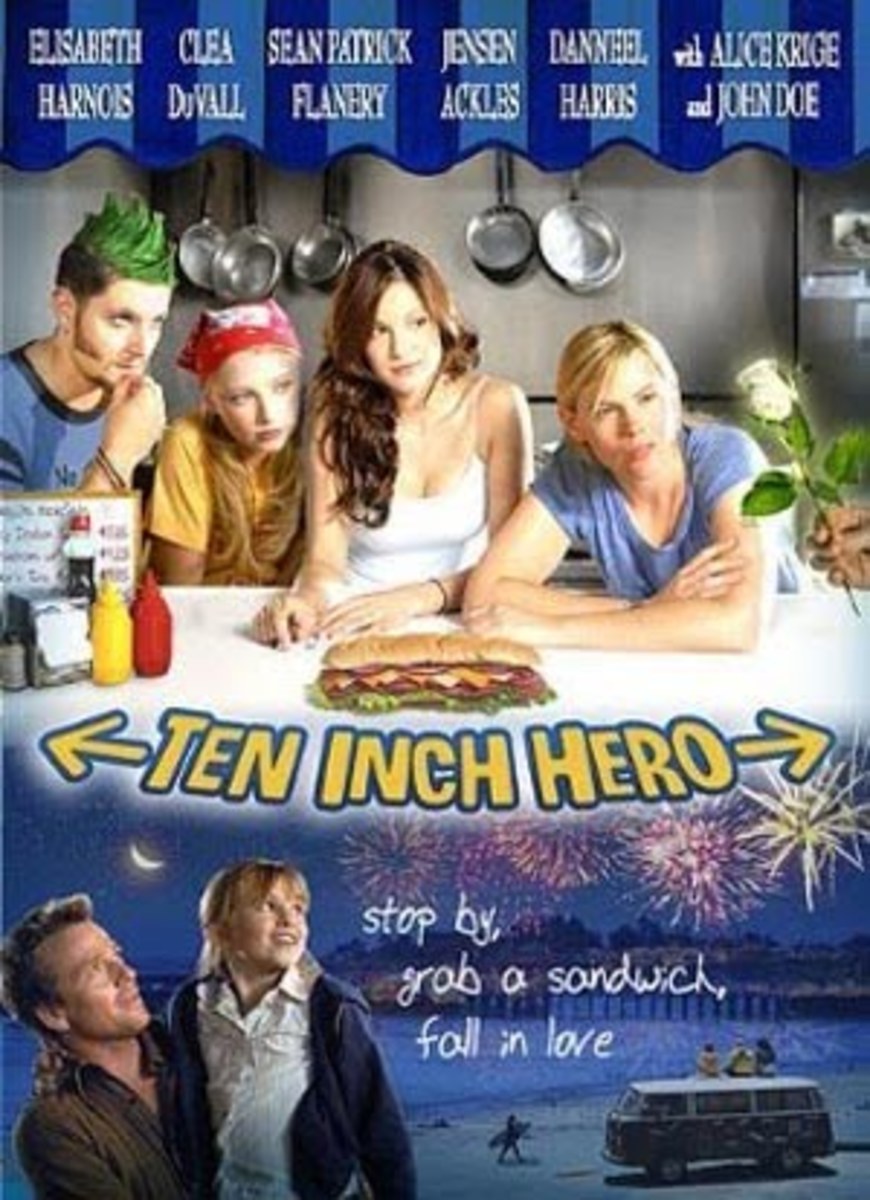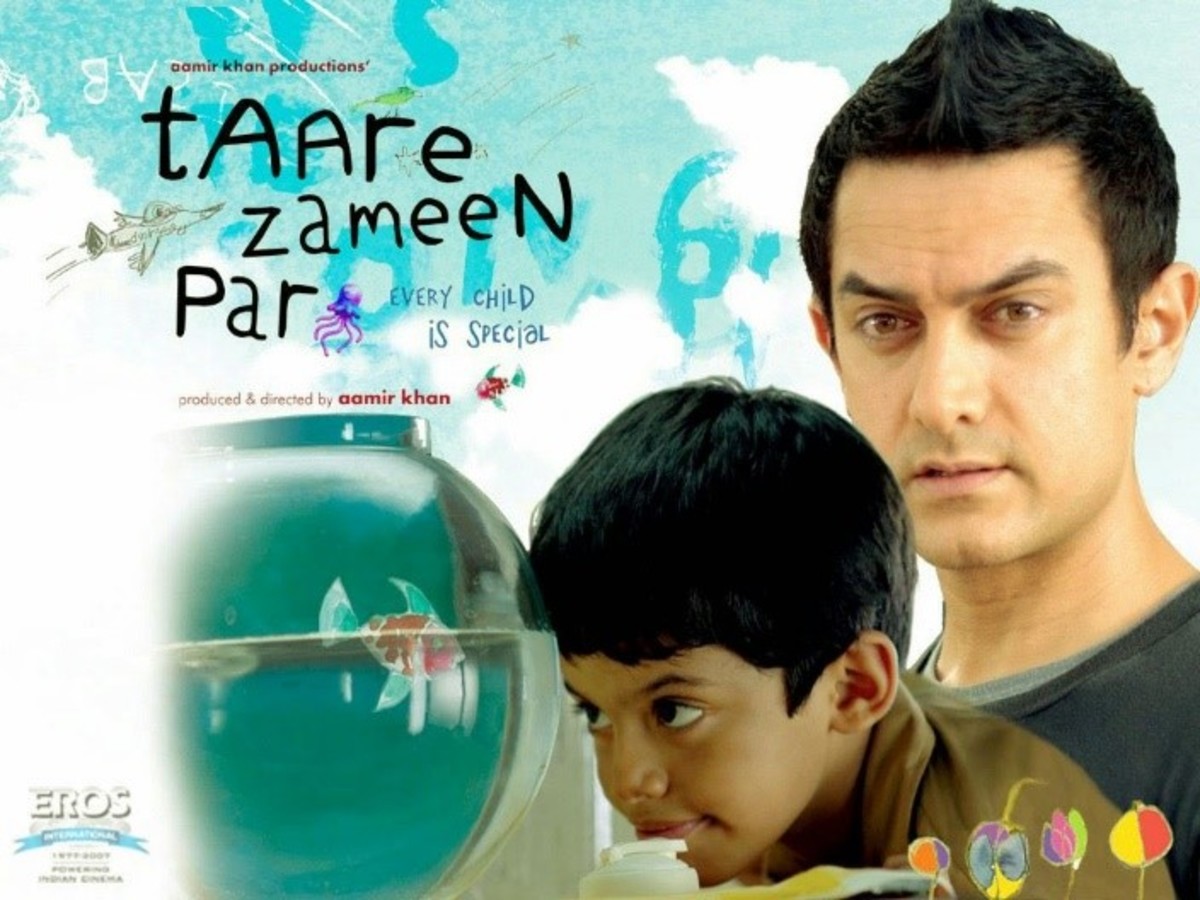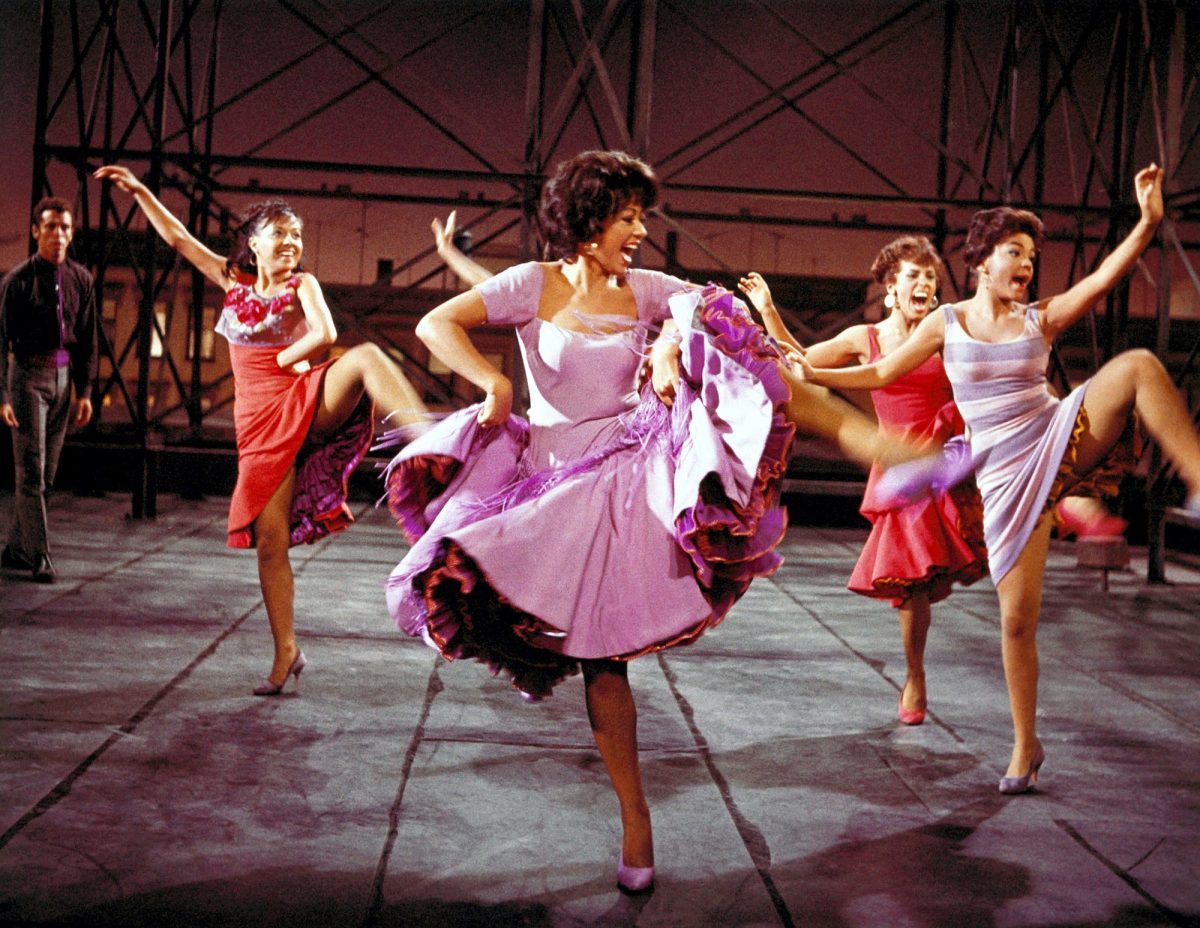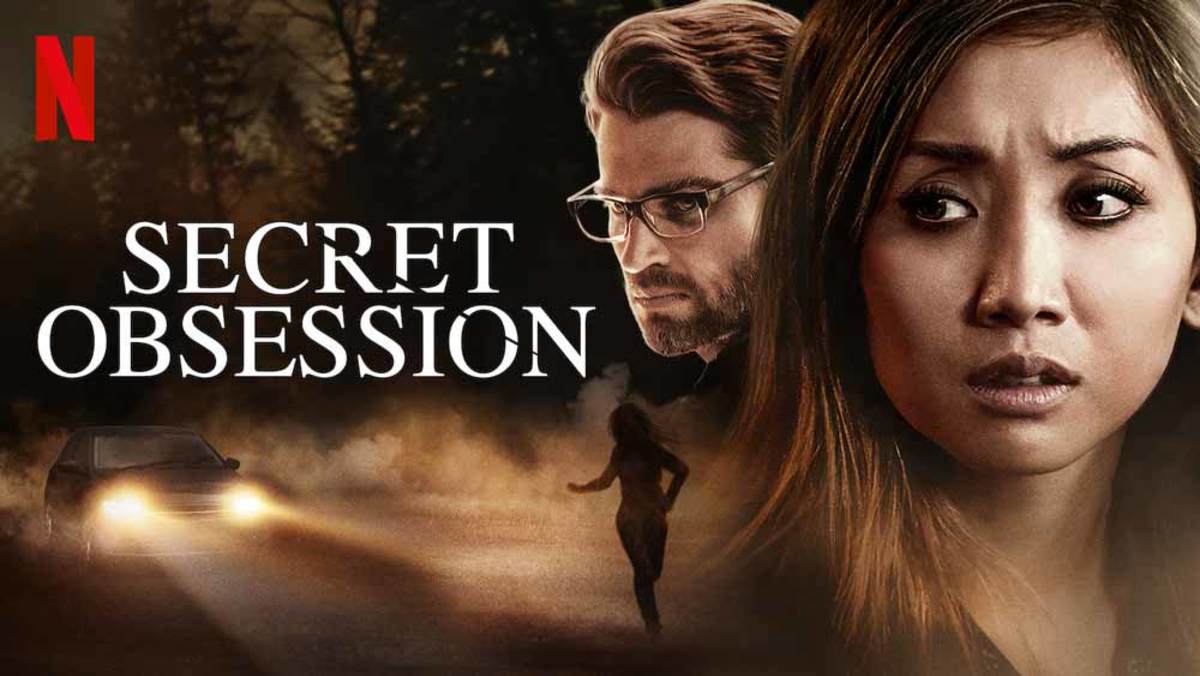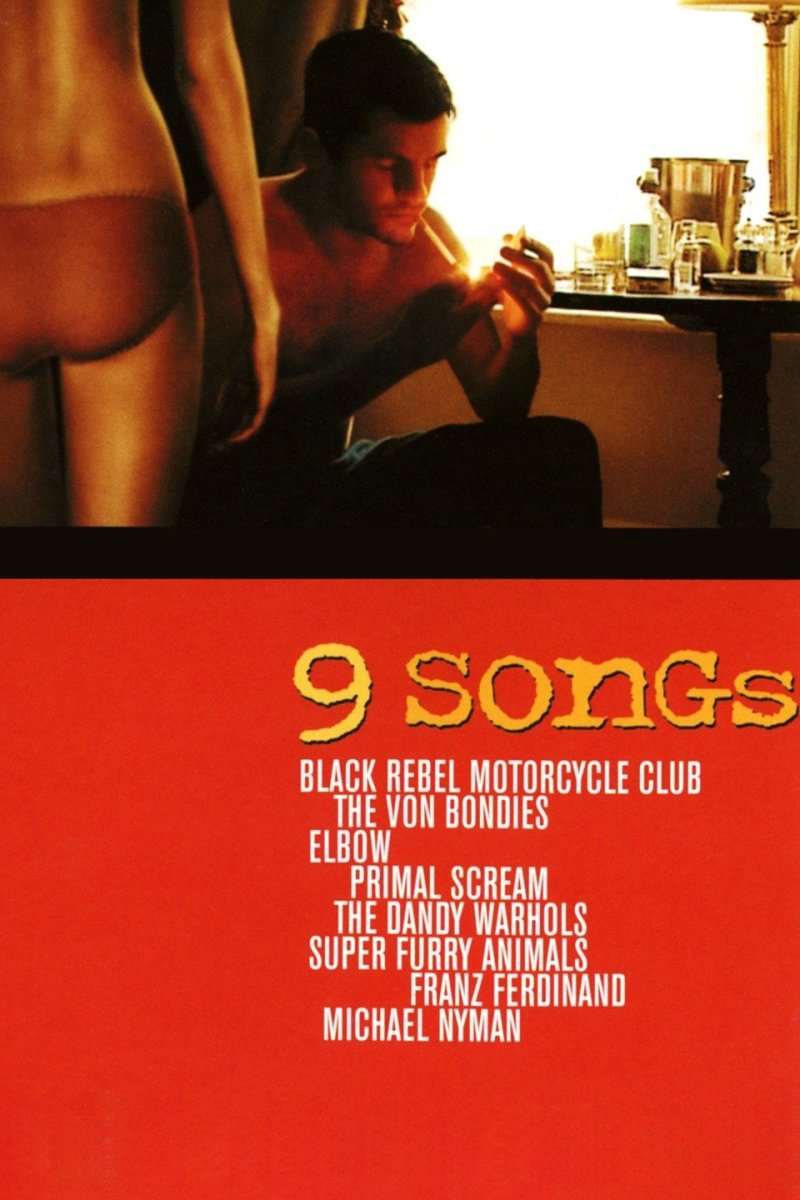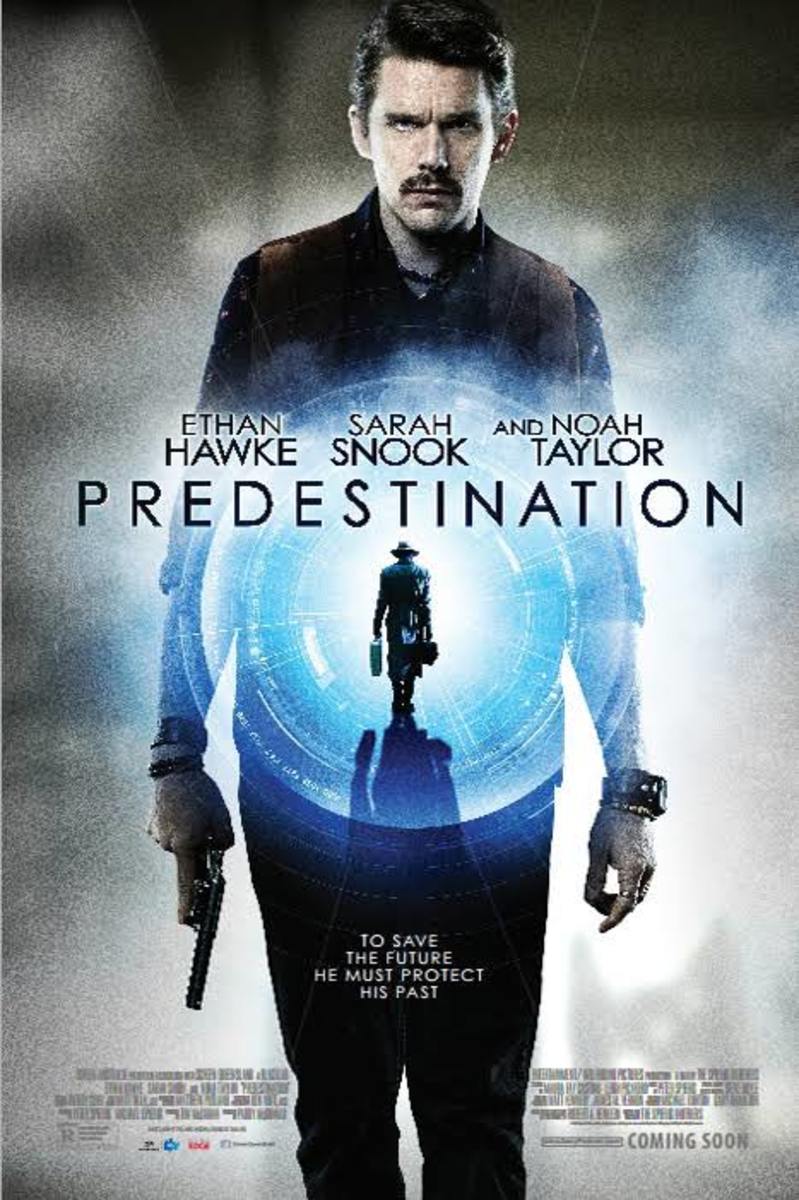Film Review: Die Hard with a Vengeance
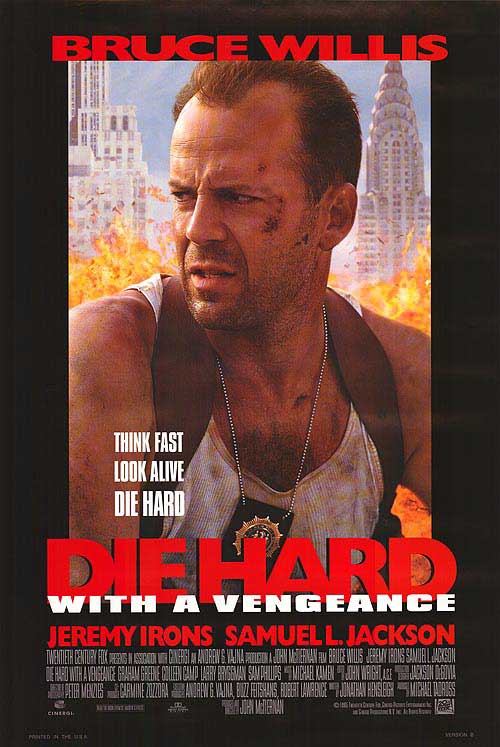
Background
In 1995, John McTiernan released Die Hard with a Vengeance, based on a script initially intended for a film called Simon Says by Jonathan Hensleigh. Starring Bruce Willis, Jeremy Irons, Samuel L. Jackson, Graham Greene, Colleen Camp, Larry Bryggman, Anthony Peck, Nick Wyman, Sam Phillips, and Kevin Chamberlin, the film grossed 366.1 million at the box office. Nominated for the Saturn Award for Best Action/Adventure Film, the Awards Circuit Community Award for Best Stunt Ensemble, and the MTV Movie Award for Best Action Sequence, the film won the BMI Film Music Award and the Golden Screen Award.
Synopsis
John McClane is put back on duty following a suspension when a man named Simon blows up a department store in New York City. To prevent further attacks, Simon demands that McClane wear a racist sandwich board in Harlem. When he’s saved by local business owner Zeus Carver, they are forced to solve riddles before Simon sets off several other bombs.
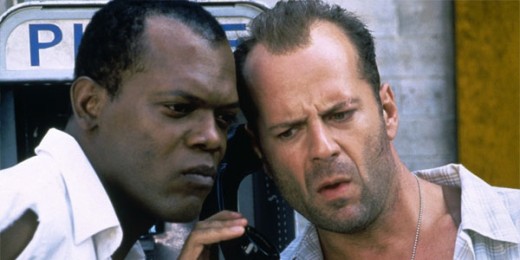
Review
Better than the second film and almost as good as the first, Die Hard with a Vengeance once again returns to a John McClane who gets the entire plot thrust upon him and just wants to be left alone so he can deal with a hangover. His characterization is furthered in this film as he seems to put himself more into harm’s way in this one. While that could be seen as the throwing away of making him an everyman who saves the day because he’s been put into situation, it really seems more likely that he’s got a lot of issues with what happened in previous films. It’s almost as said events caused some PTSD which is taking its toll on him and he really wants to end it to get rid of those memories.
An interesting aspect to this film is in how it doesn't portray the police the same way it did in the previous two films. Where the cops in the first film were unable to do anything and the cops in the second film were unwilling to work until the last possible second, this film presents New York cops that are not only competent but actually spring to meet the situation head on rather than wait to see if Simon’s bluffing or not.
Notably, Simon is actually a pretty in-depth villain with a very well-planned scheme that’s almost carried out to fruition had he not been a nice guy for a second and given McClane the Asprin to get rid of his headache. But that’ not the only time where Simon reveals that he’s not a completely monstrous villain. There’s one point when the NYPD’s bomb disposal technician is working on the bomb in the school and it’s revealed that it was a fake bomb with the wrong components. The real bomb was on the freighter where the gold was supposed to be and Simon actually tells McClane that he’s not a monster, even though he works for some at points. There’s also when he and his men enter the Federal Reserve. Instead of killing everyone in their way, they tranquilize them and only kill those who resist. Simon even stops Katya in her overkill of the guard with the shotgun. There’s also his reasoning in trying to kill McClane while pulling off his scheme. Simon may have hated his brother, but Hans was still family. It gives Simon depth and prevents him from being a flat villain, showing that he’s not out to kill everyone in his way.
The film also isn’t just a popcorn action flick as it actually addresses the subject of racism with the character of Zeus and his prejudice against white people. In his first scene, he’s introduced as telling his nephews that white people aren’t going to help them and will only impede them on being successful. However, he’s not completely hateful towards white people as his first encounter with McClane shows him wanting to protect a guy who he thinks is mentally unstable while waiting for the police respond. As the film rolls on, it shows that Zeus’ racism is only harming him and McClane from being able to work together to solve Simon’s riddles. Fascinatingly, the resolution isn’t given with a sledgehammer, but a gentle poke when Zeus and McClane are arguing. The former assumes that the latter was about to call him a slur when McClane was just going to call him an asshole. That’s really the point when the two start working together quite better, and it’s implied that Zeus realized he actually was being an asshole and that McClane wasn’t acting any more antagonistic to him than anybody else. As the film draws to a close, it’s shown that the two have turned into a sarcastic duo. It’s really good character development as well a really subtle way of addressing an issue that needs it without resorting to being blatantly obvious and in the audience’s face.

